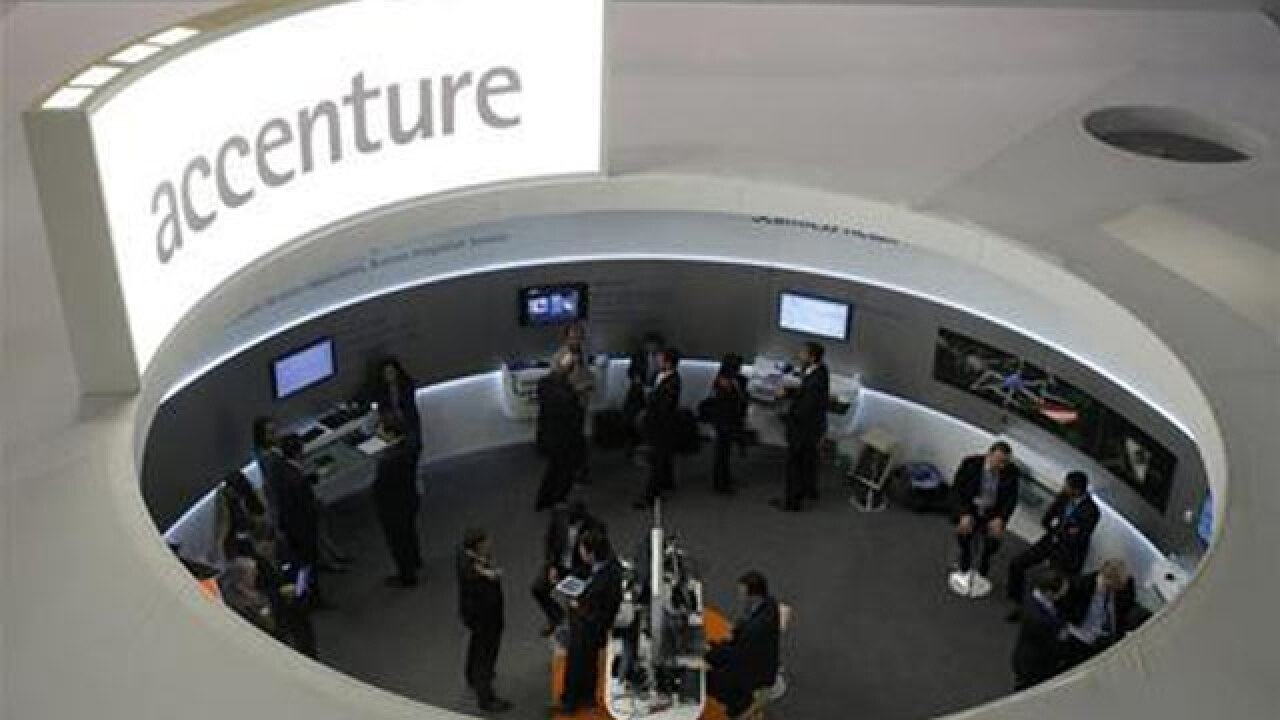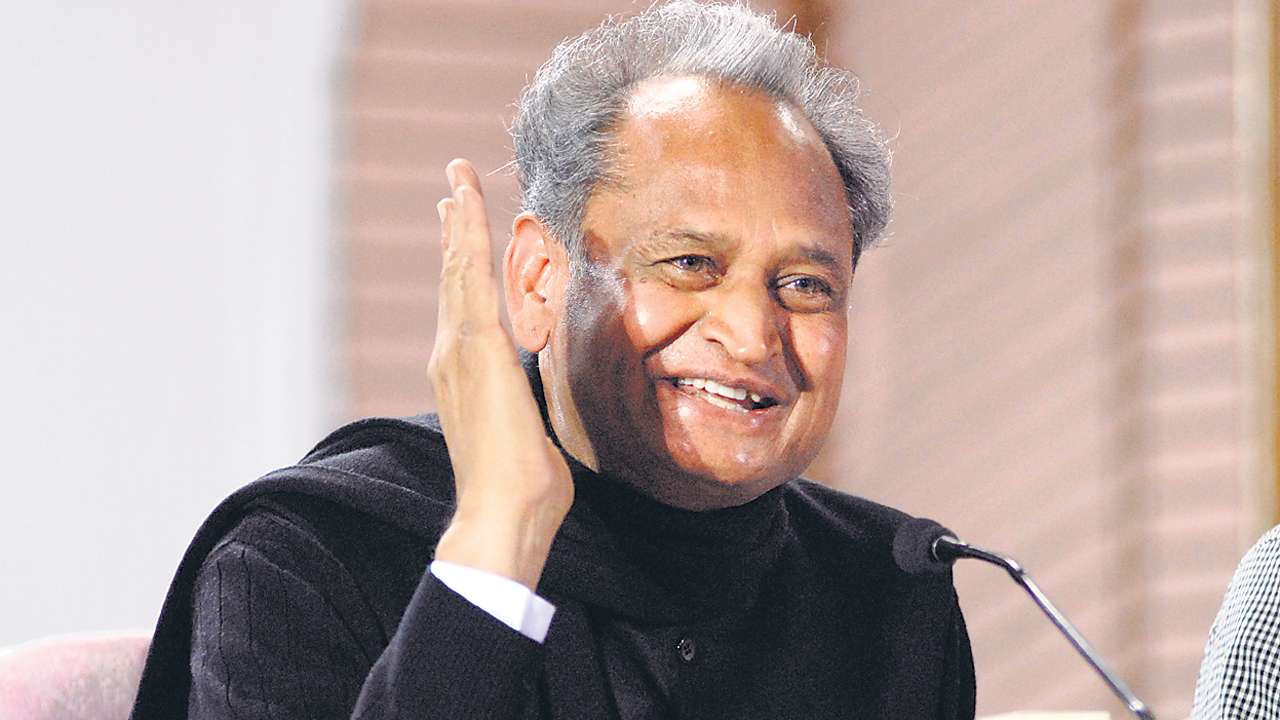
- Select a language for the TTS:
- UK English Female
- UK English Male
- US English Female
- US English Male
- Australian Female
- Australian Male
- Language selected: (auto detect) - EN
Play all audios:
WASHINGTON — Trade legislation affecting new music technology that some say may produce “perfect sound” faces its first congressional hurdle today as a House panel is expected to vote on
whether to restrict the sale of digital audio tape recorders. The technology, also known as DAT, is the focus of a long-simmering dispute between Japanese audio equipment manufacturers and
the U.S. music industry. The bill before the House Energy and Commerce Committee would bar the sale of DAT recorders for one year unless they included a computer chip that would block the
recording of certain copyrighted music. In addition to having a significant effect on the music industry, the proposal has implications for the strained trade relationship between the United
States and Japan and for action on the trade issue in Congress. Some congressmen have expressed concern that enacting too many industry-specific measures could weaken the prospects of
passing trade legislation this year. The innovation in question, which uses a tape about two-thirds the size of the standard audio cassette, could be in U.S. stores by the end of the year,
its manufacturers say. The DAT recorder offers the clear sound of laser compact discs without the hiss and background noise found in standard taping. Because of the high recording quality,
“You could literally turn your music library into a studio,” said Jim Free, a lobbyist representing CBS Records, which is pressing for restrictive measures against the device. The recording
industry is already claiming losses of $1.5 billion in potential sales a year to home taping, said Jason Berman of the Recording Industry Assn. of America, and with DAT, “the problem would
just grow dramatically worse.” “This issue is critically important if people want us to continue to be able to afford to produce new music,” Berman said. The Supreme Court ruled in 1984 that
videotape recording for personal use does not violate copyright laws. However, the court left open the possibility that Congress could require that recording machines include anti-taping
devices to foil reproduction. A recorder could be equipped with a computer chip that could read a special protective code on copyrighted music. However, representatives of the manufacturers
and some retailers consider such a proposal “a tremendous leap in government intrusion . . . a Draconian step,” said Charles Ferris, a former Federal Communications Commission chairman who
now lobbies for a manufacturers’ coalition. “At the heart of this is an effort to attack all home taping.” Allan Schlosser, an official with the Electronic Industries Assn., said that the
anti-copying chip requirement for the machine would “kill it in the cradle. They (music industry spokesmen) fail to mention the biggest tapers, the ‘audio junkies,’ are also the biggest
record buyers. The recording industry wants to go slow on the introduction of an exciting new product so that they can get a bigger return on their investment in CDs.” MORE TO READ









